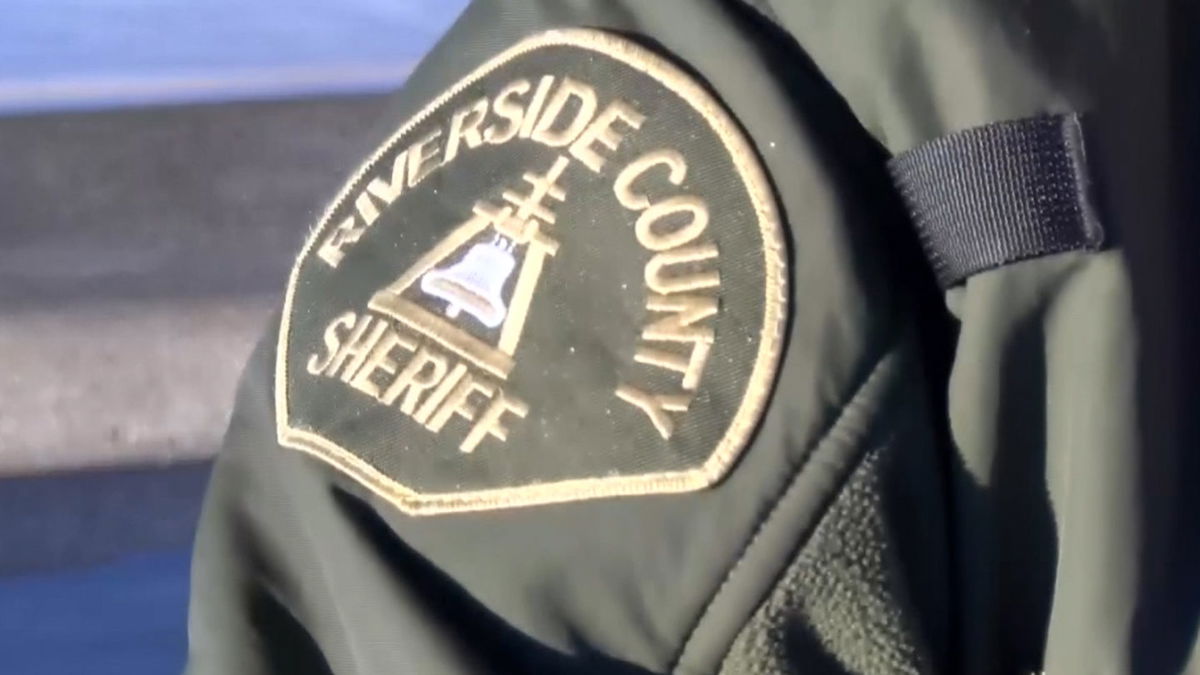RivCo board votes to study of costs, benefits of separating coroner’s office from Sheriff’s Dept.

The Board of Supervisors today directed staff to conduct an analysis of the prospective pros and cons of separating the coroner's office from the Riverside County Sheriff's Department.
The 5-0 vote came after multiple members of the public voiced their support for the proposal, with no comment from sheriff's representatives.
"Separating the offices of the coroner and sheriff will enhance transparency and mitigate the appearance of a conflict of interest,'' said Lisa Matus, whose son, Richard, died while in custody. "The loss of my son was a painful chapter in my life. Not being able to see his body after his death was tragic. The body was not released from the sheriff's custody. They're really still in custody even after death."
Matus said that while foul play was ruled out, there were a number of inconsistencies identified, including apparent "blunt force trauma," when the remains were finally released to the family for burial and autopsy findings were obtained.
"Concerns about botched autopsy reports and cover-ups are serious,'' she said, pointing to a high turnover rate of pathologists in the coroner's office as a sign of administrative instability and low morale.
"The coroner's office should be independent in the pursuit of justice for all,'' Vonya Quarles told the board. "There is an actual conflict every time there is sheriff involvement with a death (and an autopsy is performed by a sheriff-supervised medical examiner).
"Separation of these two offices is one way to bridge the growing divide between the people and the sheriff's department. Separation is not an attack on law enforcement ... and it could not come at a better time in the county's history."
Board Chairman Kevin Jeffries and Supervisor Manuel Perez jointly introduced the request for a separation study, noting in documents posted to the board's agenda that over the last year, residents had been regularly voicing concerns about coroner's operations during public comment sessions.
"A recurring theme has been the potential conflict of interest -- or even the perception of a conflict of interest -- involved in having the coroner and the sheriff as one entity,'' the supervisors wrote. "Confidence in our law enforcement institutions and the perception of fairness are important goals, but before taking further specific steps, a complete cost-benefit analysis of options should be performed."
The analysis of possibly changing the sheriff's administrative structure involves converting both the coroner and public administrator's offices into independent agencies. The public administrator handles the disposition of estates where there are no heirs.
The offices have been under the sheriff's umbrella since Jan. 1, 1999, when an ordinance adopted by the board roughly three years earlier took effect, placing the coroner and public administrator functions -- and budgets -- under the sheriff's control. Before that time, the offices had been stand-alone operations.
The idea behind the consolidation was rooted in a county Commission on Reorganization report that suggested there were more advantages than disadvantages to integration.
California is one of only three states nationwide that doesn't require county coroner's offices to be separate from sheriff's departments, according to the Executive Office.
"While there is no evidence of any improprieties in Riverside County regarding the operations of the coroner's office under the sheriff, the optics of a potential conflict of interest can lead to a loss of confidence in our institutions,'' Jeffries and Perez wrote.
Speakers highlighted the inherent distrust people feel when a loved one has died in custody or been killed in a confrontation with deputies and the party's autopsy is then managed by a doctor on the sheriff's payroll.
The sheriff's department is the leading target of lawsuits among county agencies and routinely has the highest annual payouts to litigants.
The department is currently being sued by families whose relatives died while in the local correctional system over the last two to three years. The civil action acknowledged that most of the deaths stemmed from drug overdoses and suicides.
Some of the complaints to the board in recent months have related to the coroner's reporting standards, protracted delays in providing autopsy determinations and other potential liabilities.
The board did not set a specific timeline for the Executive Office to complete the separation study.




